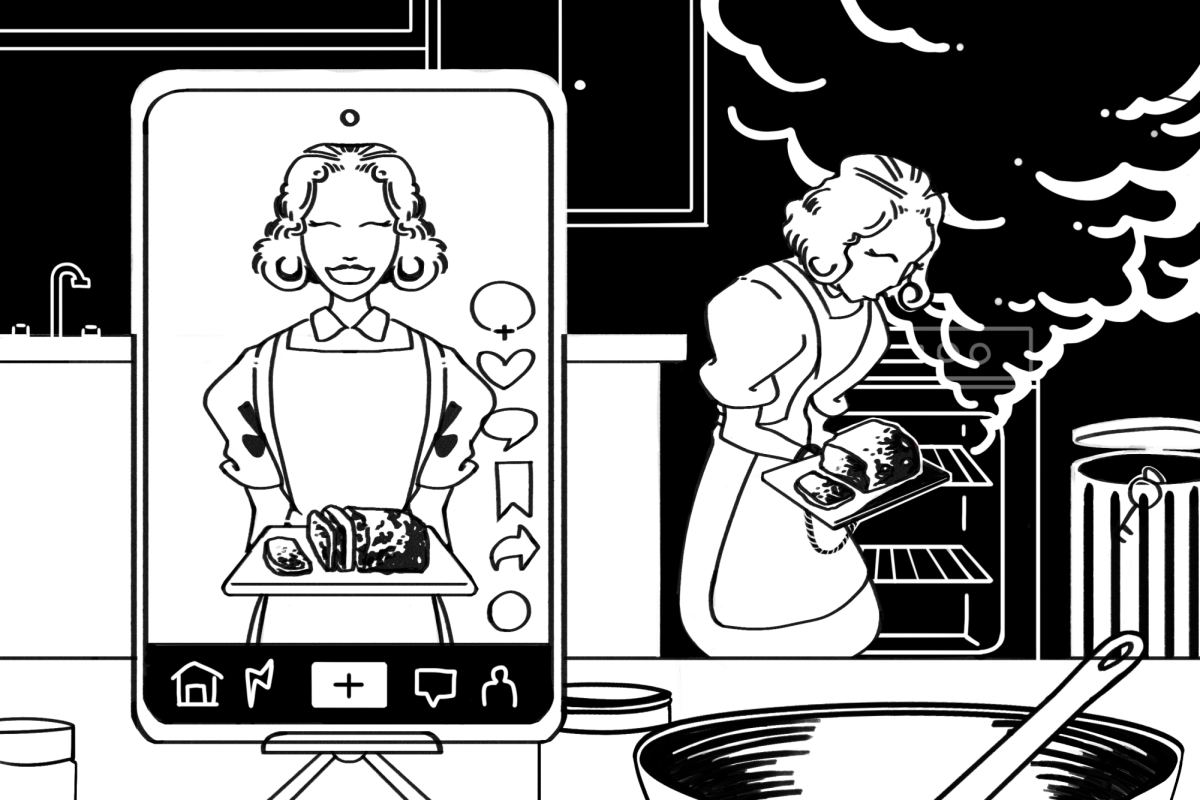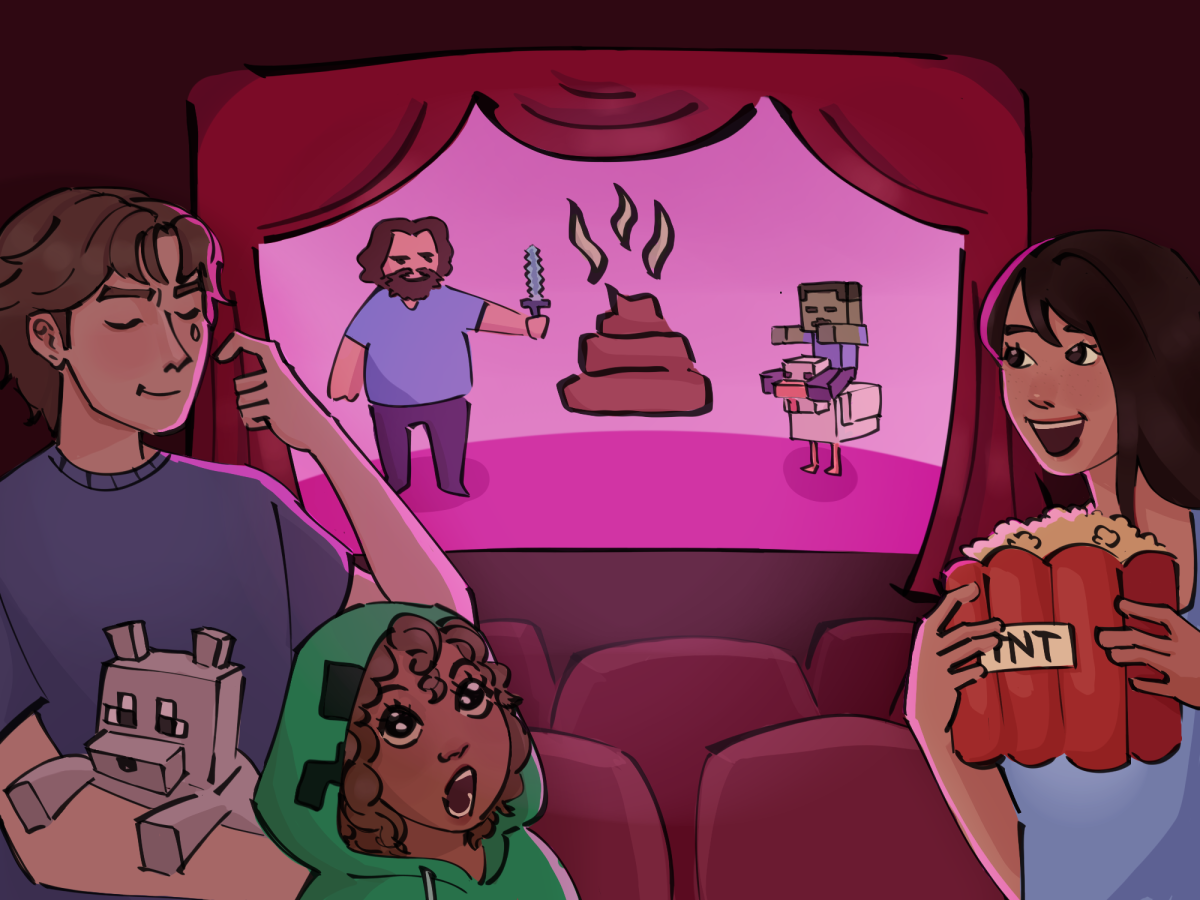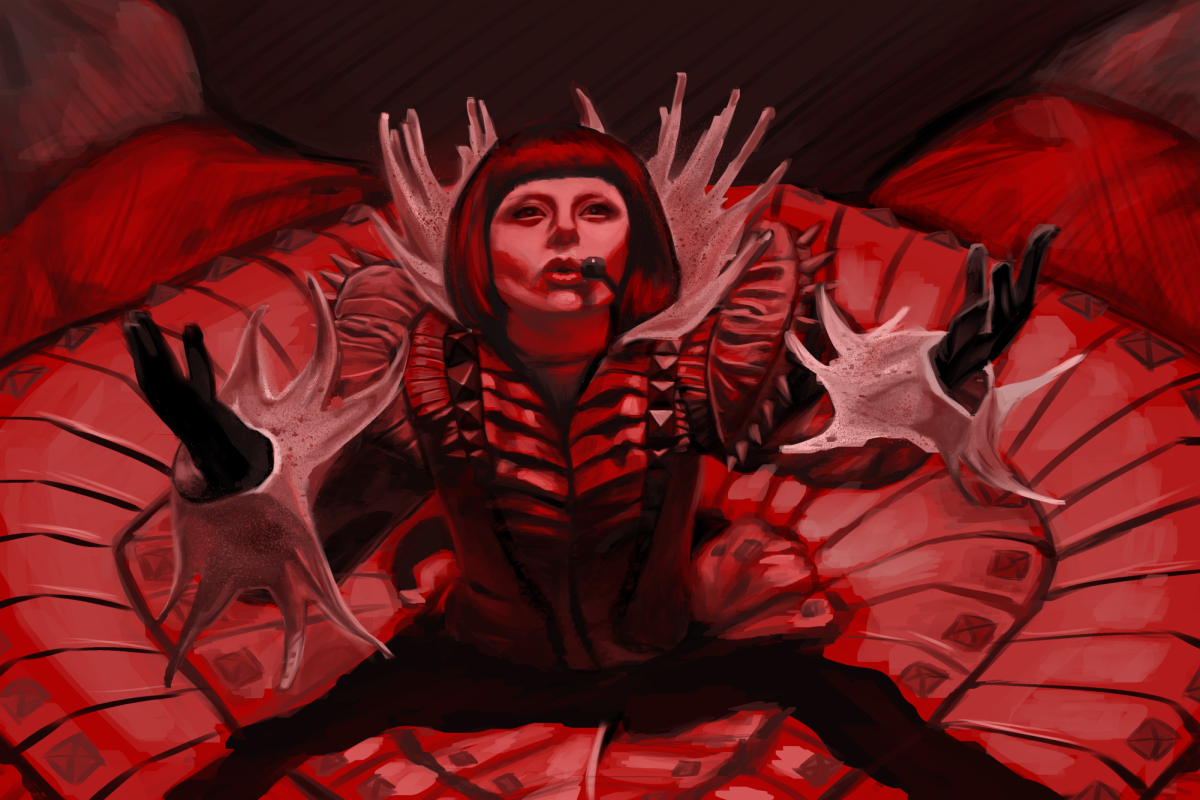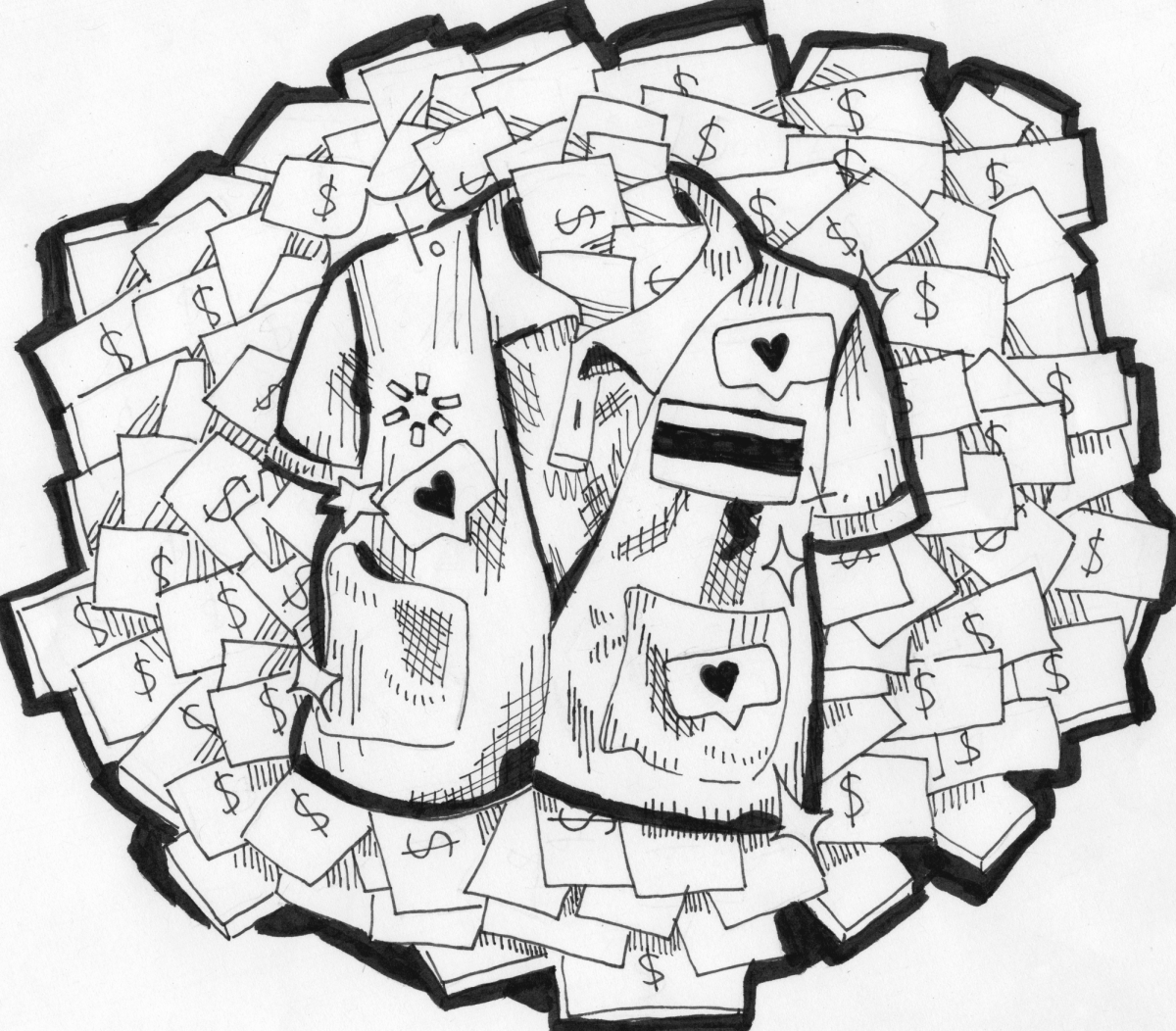In the ever-evolving landscape of celebrity culture, the once-captivating allure of luxury and fortune has lost its glitz and glamour. Amid the destructive COVID-19 pandemic and the ongoing financial crisis, the public is no longer tolerant of celebrities unabashedly flaunting their wealth, prompting a peculiar trend of famous faces abandoning “flex culture” for the “working-class aesthetic.”
Celebrities have increasingly sought to align themselves with their audience’s everyday lives and struggles in their pursuit of relatability, presenting a facade of genuineness and humility. However, while this shift is fueled by a desire to be unpretentious and laudable, the glorification of being “working-class” by rich celebrities is tone-deaf and inadvertently both highlights and diminishes socioeconomic disparities.
For example, in an ad campaign promoting their new “Be Happy Snacks” popcorn brand, social media influencers, the D’Amelio sisters, donned Walmart uniforms as they pretended to work at the grocery store. Despite being an attempt to appear down-to-earth and connect with fans, the video glorified the draining job of a Walmart cashier, portraying it as fun and lighthearted as a punchline. This struck a nerve and infuriated audiences on social media who deemed it out of touch, particularly as millions depend on similar minimum-wage jobs to make ends meet.
In an interview segment in the 2023 docuseries “Beckham,” designer and singer Victoria Beckham claimed to be from a “very working-class family” only to be called out by her husband, eventually admitting that her family owned a Rolls-Royce. The move to associate with the working class communicates to audiences that these celebrities understand their fans’ financial strife and thus should not be lumped in with the scrutinized wealthy elite and their extravagant lifestyles, emblematic of broader class inequality.
This narrative allows celebrities to justify their wealth in the first place. The obsession with being perceived as self-made causes these famous figures to romanticize the classic rags-to-riches story. By portraying themselves as individuals who earned their immense wealth through sheer determination and hard work, celebrities can sit on the moral high ground that they deserve every last penny of their financial success. This perpetuates the myth of a meritocracy, conveniently glossing over systemic disparities, as celebrities often downplay or refuse to acknowledge their early wealth and nepotism that might have paved an easier way to stardom.
Ongoing inflation and financial distress from the pandemic serve as a harsh reality check of persisting socioeconomic disparity. While celebrities glorify and profit from the working-class aesthetic, they rarely discuss or show open support for measures that could help the people they are emulating. Celebrities, with their massive platform and influence, have the ability to amplify marginalized voices and educate their audiences on policies that tackle the roots of class inequality. The failure to consistently advocate for systemic changes, like universal healthcare and increased minimum wage, poke holes in their professed solidarity for the working class.
Wealthy celebrities’ adoption of the working-class aesthetic also contributes to glaring double standards. What might be perceived as edgy, artsy, or chic when embraced by affluent individuals is often condemned and results in negative consequences for those of lower socioeconomic status. For example, if they engage in behaviors like drug use, it is viewed with allure or given more empathy and legal leniency. The nuances behind their behaviors are often more explored, considering factors such as mental health, while lower-income individuals are stigmatized as “druggies” or moral failures. This hypocrisy transcends beyond societal perceptions, impacting job prospects and respectability for the working class.
Romanticizing poverty is paradoxical. While celebrities have the financial freedom to emulate any lifestyle they want, those they imitate lack the means to escape their circumstances. Celebrities should be held accountable for using the “working class aesthetic” as a mere costume to help their image and publicity. It is imperative to acknowledge and understand the systemic issues and implications of economic disparity, moving beyond superficial portrayals to steer toward meaningful discourse and solutions.


















































